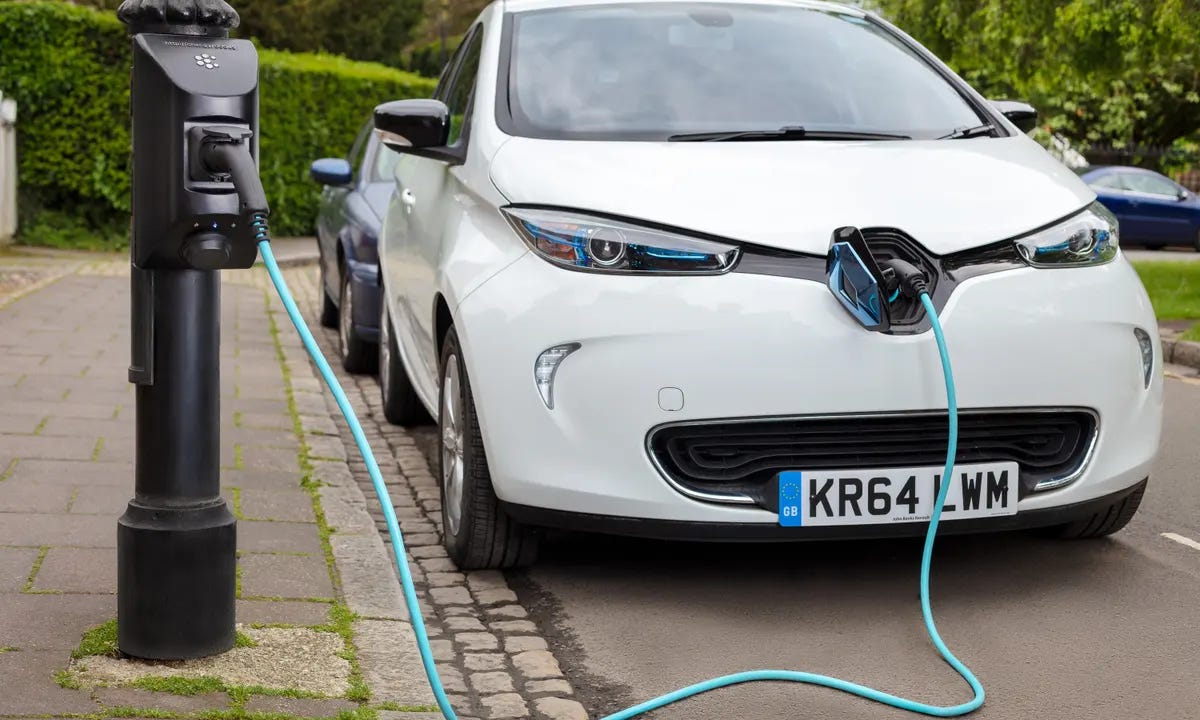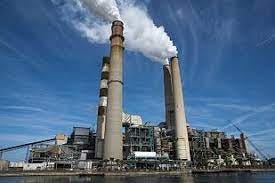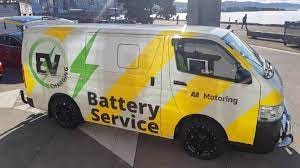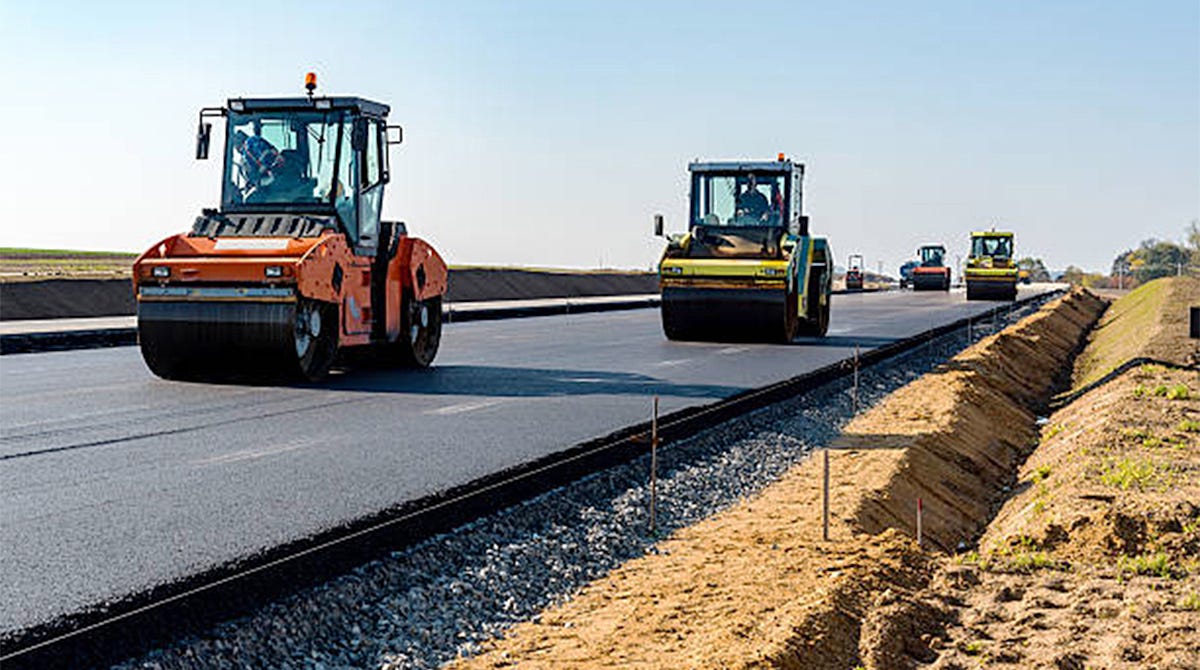According to the government-knows-best crowd, global warming is happening mainly because we all drive cars powered by fossil fuels. Therefore, government must take steps to phase them out and get us all into electric cars!
Many recent legislative acts, both domestic and abroad, have been passed or proposed. The list include Biden’s Inflation Stimulation Reduction Act and the Bipartisan Infrastructure Law, which include subsidies and incentives to push electric cars. Some fifteen nations have banned or plan to ban fossil fuel cars. Here in the U.S., California (surprise!) leads the charge to totally ban their sales.
But getting millions of people into electric cars will not have a positive impact on climate change or global warming., for many reasons. First, electric car advocates fail to heed Henry Hazlitt’s wise advice: one must consider, not just the small picture, but also the big picture. Consider not just the short range, but also the long range. Although electric cars might have fewer tailpipe emissions than fossil fuel cars, this fails to consider the entire life cycle of an electric car and its rather sizable batteries. It takes massive resources to mine the special minerals needed, then manufacture and transport them. And batteries eventually wear out. They contain toxic chemicals, and cannot be economically recycled. What to do with them then? Furthermore, the very act of recharging a car battery releases CO2 and toxic gases.
Along those lines, consider where that all that extra electricity will come from. Again, electric car advocates are not looking at the big picture. Electric cars will put a lot of demand on strained electrical grids and generating power. And much of the electricity around the world is generated from burning fossil fuels.
Next, consider what happens to all the “old” fossil fuel burning cars. Even if governments can effectively ban the sales of newones, there will still be millions of them around. A ban on fossil fuel cars will simply create a huge market, legal or otherwise, for older cars. Plus mechanics and services to keep them running long after their “use by” date. And remember that as a car ages, its emissions tend to get worse. None of this will help the planet one smidgeon.
From the perspective of the electric car owner, owning one presents unique challenges. Cold, wet weather and darkness will seriously impact its range. And it takes much longer to recharge an electric car than to refill one with fossil fuel. Out on the road, infrastructure for recharging has a long way to go, and what if you run out of battery juice out in the middle of nowhere with nary a charging station for miles? Then you'd have to call up one of those diesel-powered rescue trucks, which will get there and charge you back up. A few hours later, you’re back on the road again.
Finally, note that all these rebates, subsidies, tax credits, rules, regulations, and mandates are not free. Climate change, it seems, is the perfect made-to-order crisis for those who always want more governmental control over our lives, our affairs, and our money.
So if pushing us into electric cars will not avert global warming, what will? The demand for transportation of people and cargo is a major component of our modern economy, and it isn’t going away. Transportation requires a lot of energy. But we need solutions that actually work, not just simply feel good.
First, consider not just per-vehicle emissions, but also the number of vehicles on the road. What good does it do to double fuel efficiency and cut vehicle emissions in half, while simultaneously doubling the number of vehicles? This is progress? And most of the cars on the road carry just one single passenger.
Governments everywhere contribute to vehicle explosion with their tunnel vision policy of forever laying down more pavement. Too much traffic congestion? We’ll just “bigger” it, as Dr. Seuss would say: build more roads, and widen the existing ones. No stopping until the entire continent is paved over! Nobody every paused to think that: if you build it, they will come. More roads = more cars & trucks = more pollution. Plus more congestion, more noise, more time the average person spends in their car.
Another area where government intervention aggravates vehicle numbers is parking space requirements for commercial buildings. These regulations are usually imposed locally by civic government. Here in my home state of Texas, most cities require something between 2.5 and 3.3 parking spaces per 1,000 square feet of building space. That is a lot of formerly beautiful landscape converted into parking space. Like the road and highway argument above, having all that available parking space only encourages us to drive longer and further.
Using private cars and trucks to transport passengers and cargo is really not a good option. They are expensive, dangerous, noisy, and dirty. The brilliant minds that created computers and modern medicine all the other incredible innovations that make our lives better can surely come up with better solutions. Electric vehicles might be part of the solution, and it’s possible that the problems listed above will be solved - but government needs to get out of the way and let the free market work. Its meddling has made it that much more difficult for alternate, cleaner & greener, more efficient forms of transportation to see the light of day.











One of the many great things about fossil fuel-powered autos is that they can sit and be ready for drivers, whenever they are needed.
I always enjoy your articles David, especially this one. And your captions for your pictures are fantastic as well!